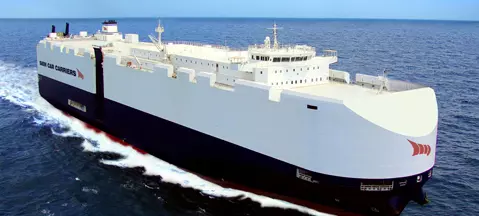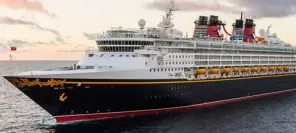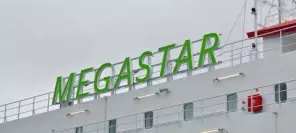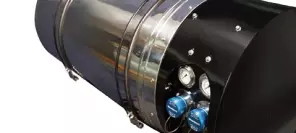- Main page
- Search
- Up to date
- Products
- Technology
- Vehicles
- Video
- Conversion Payback Simulator
Port Injection - Conversion Payback Simulator
Direct Injection - Conversion Payback Simulator
Diesel - Newsletter
Volkswagen sets sail for LNG
 loading results...
loading results...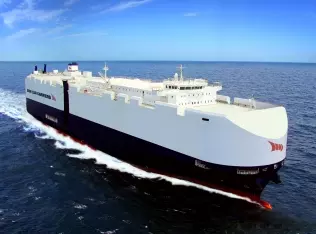 © Siem Car CarriersYou can't escape emissions if you want to ship 4500 cars in one go, but at least with LNG you can curb the amount of pollutants
© Siem Car CarriersYou can't escape emissions if you want to ship 4500 cars in one go, but at least with LNG you can curb the amount of pollutantsIt is estimated that the process of manufacturing a car and delivering it to its destination generates as much emissions as driving the car for approximately 12 years. So it comes as little surprise that car makers are trying hard to reduce the negative environmental impact of their products not just on the road, but also prior to handing over cars to final customers. It comes as even less surprise that Volkswagen – caught red-handed when cheating on diesel emissions – is trying, too.
LNG will the fuel of choice for two ships used by the automotive giant to transport cars outside Europe, particularly to North America. Even though Volkswagen has factories across the Atlantic, certain models are only manufactured on the Old Continent and have to be shipped to overseas markets. Since there will only be two vessels to do the job, they should be quite spectacular in size and indeed they are – each is 198 m long and 36 m wide, approximately the same as World War II era aircraft carriers. Each ship can carry 4500 cars at a time.
Each vessel will feature a single MAN (a Volkswagen-owned brand, by the way) marine engine producing 170000 PS. Liquefied methane fuel will be stored in cryogenic tanks with capacity of over 3 million litres. Replacing diesel fuel with natural gas considerably reduces the output of emissions – carbon dioxide by 25%, nitrogen oxides by 30%, particulate matter by 60% and sulphur oxides by nearly 100%. The ships will enter service in 2019 and if they prove successful, more units are possible beyond that date. They may serve on different routes and be used to carry not just complete cars, but also parts, components and resources. How about reintroducing sail-powered ships?
